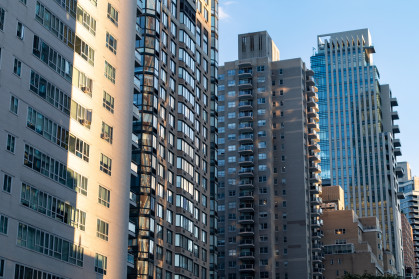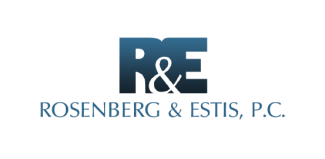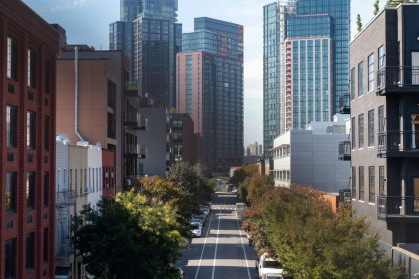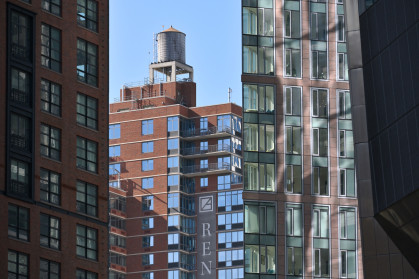Local Law 97 kicks off this January. Is your building on track? (Part I: Overview)
- Local Law 97 is set to transform sustainability in New York City starting on January 1st, 2024. It mandates that buildings over 25,000 square feet reduce their carbon emissions by 40 percent by 2030 and 80 percent by 2050
- The penalties for failing to meet emissions limits are substantial, designed to exceed the cost of implementing green measures
New York City stands on the cusp of a transformative era in sustainability. As many co-op and condo boards are already aware, Local Law 97 (“LL 97”), which will go into effect on January 1st, 2024, is at the heart of this change.
“This is an aggressive plan to cut harmful emissions in New York City by requiring, with some rare exceptions, that buildings over 25,000 square feet reduce their carbon emissions by 40 percent by 2030 and 80 percent by 2050,” says Adam R. Sanders of New York City real estate law firm Rosenberg & Estis.
Shifting guidelines amid ongoing public hearings
There are many evolving nuances to the guidelines as the NYC Department of Buildings (“DOB”) continues to hold public hearings this month and possibly through the end of 2023.
"While we are not expecting any substantive changes to be proposed during these hearings, the central points of discussion will likely be the newer portions of the guidelines, such as the 'good faith efforts' and mitigation factors," Sanders says.
“We do know that the affected covered buildings must comply beginning January 1st, 2024 or complete ‘prescriptive energy conservation measures’ by December 31st, 2024,” he says, noting some buildings qualify for a later compliance date. More specifically, under Article 321 of LL 97, buildings that contain affordable or rent-regulated units may follow such alternative compliance pathways to ease their burden until the end of 2024. Buildings that qualify are those that have more than 35 percent of units rent-regulated, Housing Development Fund Corporation (HDFC) Cooperatives, and buildings that have HUD project-based assistance.
A list of prescriptive measures is set forth in the regulations, found here. They include, among other measures, new windows, replacing and repairing HVAC systems, integrating solar energy, adding proper insulation, and weatherizing and air sealing buildings.
All buildings (regardless of whether they must begin coming into compliance on January 1st, 2024 or later) must comply with the 2030-2034 standards by 2030.
The high cost of non-compliance
The penalties of non-compliance are substantial.
“They aren't just a slap on the wrist. The DOB designed the penalties to exceed the cost of going green,” says Michael T. Carr, a real estate attorney at Rosenberg & Estis. Exceeding the emissions limit will cost a building $268 per ton over the limit. For example, a 50,000-square-foot multifamily residential building emitting 400 metric tons of carbon would be 72.5 metric tons over its limit for 2024-2029. Thus, it would be fined $19,430. There are also fines associated with the failure to file an annual compliance report and for stating false information on such report.
Compliance is therefore a smart financial move.
“We’re advising our boards and our building owners to audit their buildings or portfolios now, if they haven’t already, in order to understand the compliance period that applies to their property and the measures they need to take to comply with Local Law 97 and avoid or reduce potential penalties,” Carr says. “Now is the time consult with in-house engineers, superintendents and outside professionals to determine your exposure and establish a mitigation roadmap to compliance.”
Either way, buildings that don’t meet carbon emissions requirements will have to pay the cost of complying or pay penalties, Carr says.
“The time is now to proactively start examining alternate financing options,” Sanders advises.
Coming up next in this three-part series: Financing options for co-op and condo boards, including Property Assessed Clean Energy (PACE).
Michael T. Carr and Adam R. Sanders are attorneys at Rosenberg & Estis, a top New York City real estate law firm. Rosenberg & Estis provides full-service representation and advice to co-op and condo boards, owners, developers, sponsors, and more.
Sign Up for our Boards & Buildings Newsletter (Coming Soon!)
Thank you for your interest in our newsletter. You have been successfully added to our mailing list and will receive it when it becomes available.
























